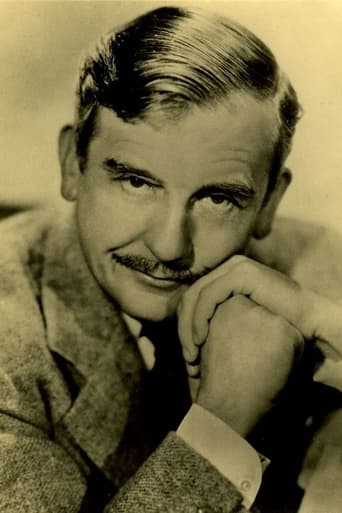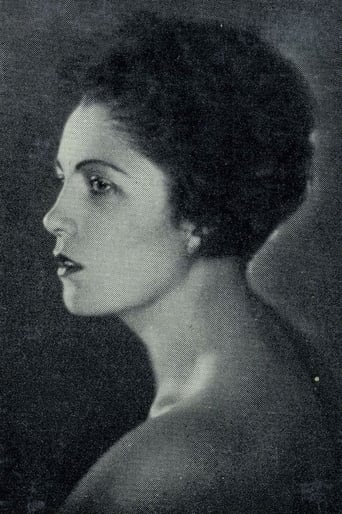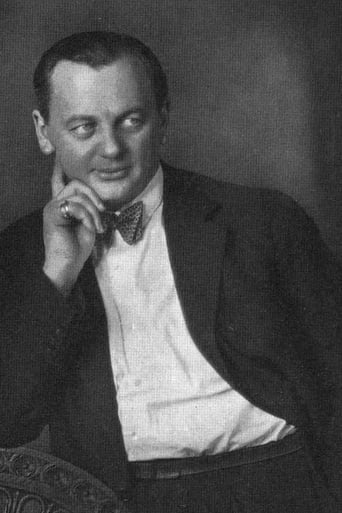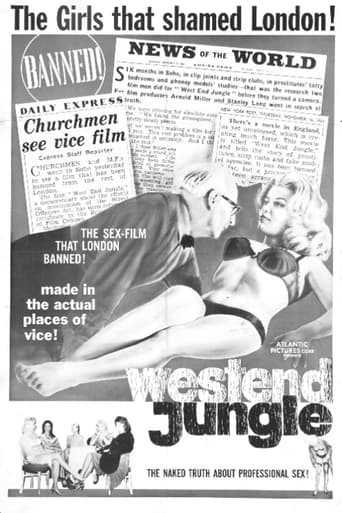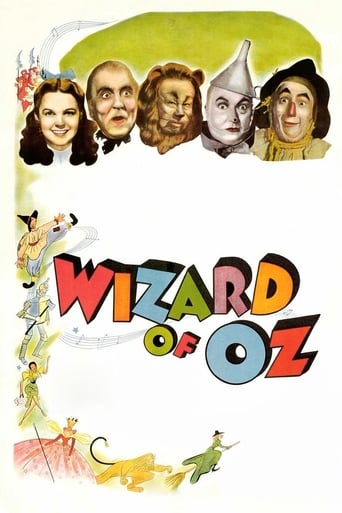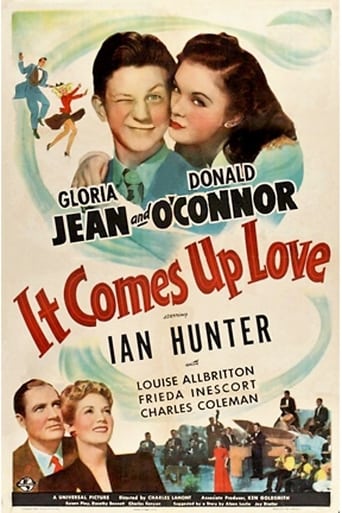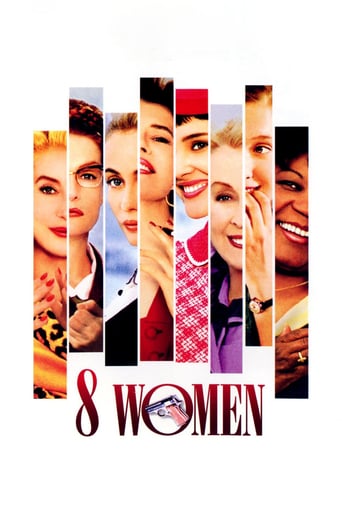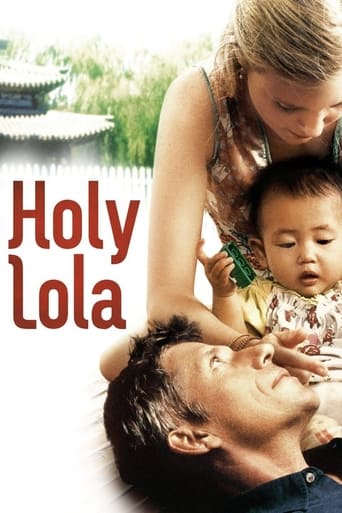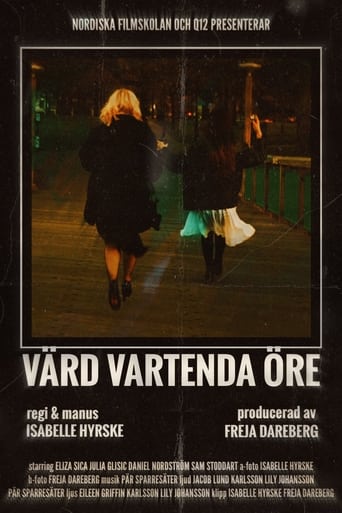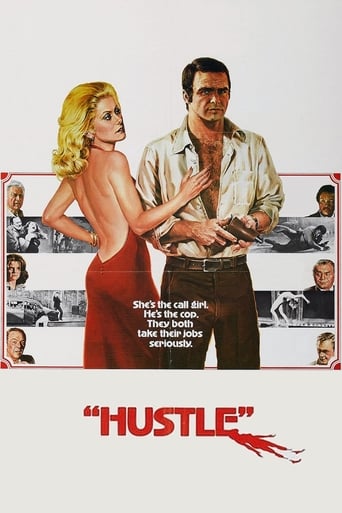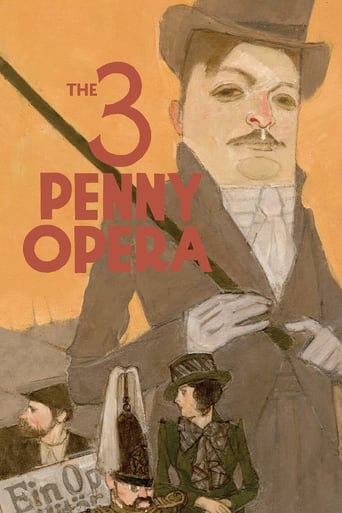
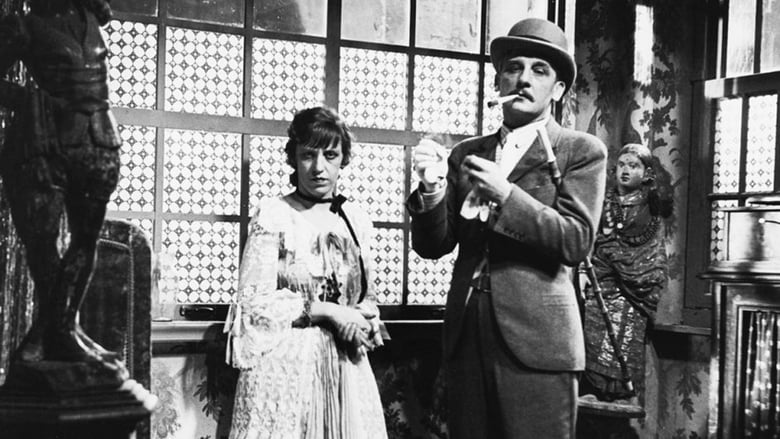
The 3 Penny Opera (1931)
In London at the turn of the century, underworld kingpin Mack the Knife marries Polly Peachum without the knowledge of her father, the equally enterprising 'king of the beggars'.
Watch Trailer
Cast
Similar titles
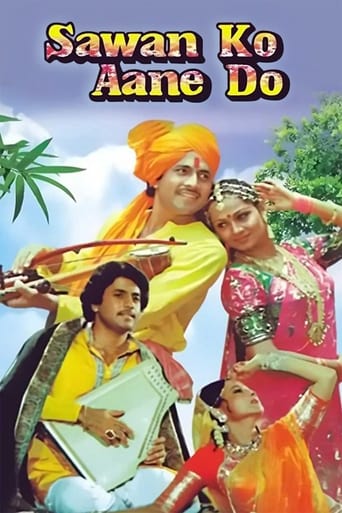
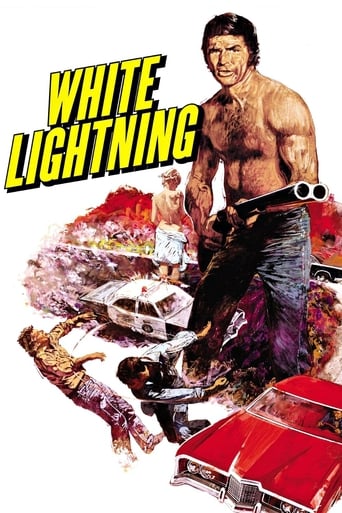
Reviews
Wonderful character development!
everything you have heard about this movie is true.
Best movie ever!
A Masterpiece!
Filmed just before the Nazis came to power, and banned when they did, DIE 3-GROSCHEN OPER is a brilliant version of the Brecht classic.Set in a dystopian London full of dark shadows and concealed streets, director G. W. Pabst foregrounds the musical's satire of corruption. Macheath's (Rudolf Forster's) gang patrol the streets looking for anything to steal, rivaled only by Peachum's (Fritz Rasp's) gang of would-be beggars who become thoroughly proficient at putting on an act so as to screw more money out of the punters. In this stew of corruption concepts such as marriage mean little - although Macheath marries Polly Peachum (Carola Neher), he scarcely remains faithful to her, preferring to keep his regular Thursday date in the local whorehouse with Jenny (Lotte Lenya) in particular. Sentenced to death by hanging, Macheath eventually escapes from prison and joins Peachum in a huge cartel that dominates the center of London.Kurt Weill's music and Brecht's lyrics offer a stinging satire of contemporary life. The tunes might be memorable, but here they are sung with an emotionlessness designed to make viewers reflect on their true meaning. The narrator (Ernst Busch) addresses us direct to camera, not only prompting our responses but warning us about what will happen next. Such techniques are part of the technique known as Verfremdungseffekt, or alienation, designed to prevent us identifying with the characters and thereby forcing us to concentrate on the text's social criticism. Pabst manages this aspect of the film extremely well; by the end we fully understand the implications of living in a rapacious society where only the fittest survive.Having said that, DIE 3 GROSCHEN-OPER is also a very funny film. There is one particularly memorable set piece taking place in an isolated warehouse where Macheath and Polly are due to be married by a timorous Reverend (Hermann Thimig) who is looking for any excuse to escape at the earliest possible opportunity. The fact that he cannot do so attests to the strength of Macheath's gang.Brilliantly restored in the early 2000s, Pabst's film combines early sound techniques and a clever management of space to produce an acknowledged classic, as timely today as it was when it first appeared over eight decades ago.
GW Pabst's The 3 Penny Opera is ostensibly the story of a the conflict that arises when master burglar (and leader of a burglar guild) Mack the Knife marries Polly, the daughter of Peachum, the head of the guild of beggars. Though he prides himself in being the "Poorest man in London," Peachum is actually a very wealthy man who exploits the poor and and perpetuates their misery with his brutally efficient and dehumanizing industrial methods. Yet at the same time, Peachum deludes himself into thinking that he's a respectable man and this gives him a sort of bourgeois dislike for the more straightforward criminal activities of Mack the Knife and his cohorts. Almost from the beginning, however, it's clear that the film isn't really about romance or even a feud between rival guilds. Rather, this is a film about a deeply flawed society and the way it sustains itself. Pabst glosses over the romance between Mack and Polly while simultaneously emphasizing the artificiality of the proceedings, specifically with interludes from the type of narrator familiar from stage plays. This serves to accentuate the artificiality of the behavior of Peachum and police chief Tiger Brown, the two authority figures of the narrative, both who only pretend to have the best interests of the common people at heart. In reality, Tiger Brown is happy to pay his respects at obvious criminal Mack's wedding and easily cowed into doing the bidding of Peachum, who plans to use his army of poor beggars to embarrass the chief if he doesn't join Peachum's cause. At the same time, the burglar's guild uses their ill-gotten gains to purchase a bank with the implication that it's more efficient to rob people this way than by breaking into their homes. Beset on all sides with enemies, the poor are left with very little outlet and jump at the chance to strike out against their oppressors, though they fail to realize just how close those most responsible for their plight are and are thus led by Peachum and not against him. At the end they fail to make any progress and it seems things will continue as usual, with very little chance for the poor to better themselves. At the same time, their oppressors end the film with more solidarity than ever. Pabst is more than equal to his task as director here and he manages to create some striking images, particularly when he pulls into artfully composed close-ups of individuals or small groups, as when Peachum masterfully stirs up his followers or helplessly attempts to stem their tide. Further, he's clever enough to use the fact that this is adapted from a stage play to his advantage as turns the artificiality to his own purposes. In his use of artificiality to suggest the deterministic nature of industrial society, the film reminds me of Joe Wright's recent adaptation of Anna Karenina, though this film is a bit more subtle and much less stylistically over the top.
I've read the reviews of this film so far with a lot of interest. I found this version of "The Threepenny Opera" to be well worth seeing multiple times. It has a great cast, a complex script and is heroic in some ways while not so heroic in its ending.The sell-out ending, a preposterous twist where Polly, temporarily at the head of her husband Macheath's gang, manages somehow for them to buy a bank; and she, Macheath and her 'king of beggars' father all wind up extolling the virtues of feeding off the poor with said bank is hard to stomach for leftist revolutionaries. We can only assume the production was under pressure while it made this film in Berlin during the rise of the Nazis.I loved it visually. The cast is exceptional. While I've read everyone's comments about Lotte Lenya's 'Pirate Jenny', I adored Carol Neher's lone song even more. In my view, Neher (as Polly) breaking out in song at her wedding reception, when we know nothing about her character thus far, is the highlight of the film.(When we learn what a terrible life she lived after this movie was released one can really appreciate Carola Neher's performance. She must have been an incredible person to work with on a film, particularly during such a time as 1931's Berlin.) Overall, Pabst's 'Threepenny' isn't perfect. Still, I recommend it highly. It should be seen by film fans looking to be floored by early sound-era performances that have been criminally forgotten today.
The duality of the classic opus is magnificently captured by G. W. Pabst. As the street singer, Ernst Busch perfectly captures the cynicism of the day and Pabst's filming of his songs falling on deaf ears precisely captures the fascination of the Germans with the hypocracy and corruption of the British. If you wish to attempt to understand what made Hitler's rise to power possible, the bitterness and hopelessness captured vividly, cynically, and oh-so-lyrically by this timeless classic provides an unparalleled perspective. Lotte Lenya show-stopping "Pirate Jenny" not only captures up the bitterness and thirst for revenge, but 70 years later still stands as the most memorable song in a movie ever.
